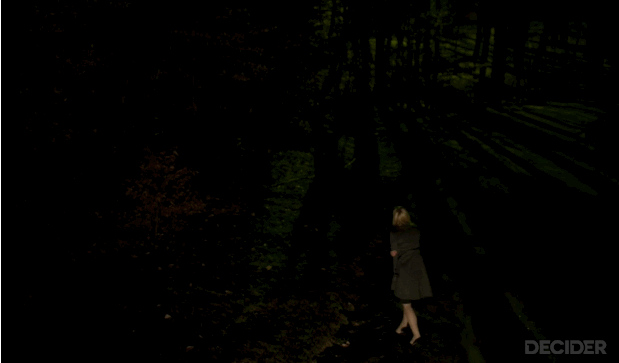“What have I done wrong?” Bobby Axelrod asks Chuck Rhoades during their season-ending dick-measuring contest. “Really? Except make money. Succeed.” Anticipating the obvious response, he continues, “All these rules and regulations? Arbitrary. Chalked up by politicians for their own ends.” Perhaps he’s right. I mean, I didn’t think that a TV show could get away with stealing the climax of one of the greatest thrillers ever made simply by naming the episode in question after it. But that was before I saw “The Conversation,” the finale of Billions’ first season, which ends in exactly the same way Francis Ford Coppola’s classic story of espionage and paranoia did: with a guy tearing his place apart down to the baseboards and wiring, looking for a bug that isn’t there. Is there a rule that says it’s not cheating if you admit it? Alright, alright, maybe you can get away with calling this whole thing “homage,” but the brazenness of the episode title is just…well, it’s like Bobby Axelrod buying that gigantic mansion in the pilot, just daring Rhoades to take a run at him. All I know is that if chutzpah is a crime, Billions is guilty as charged.
I reviewed the season finale of Billions for the New York Observer. The show toughened up toward the end, but given the talent involved it’s hard to see it as anything but a disappointment.

